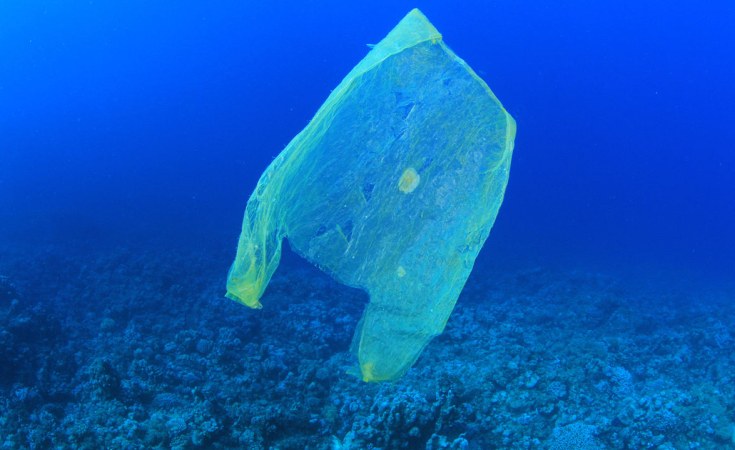Governments are meeting in Nairobi next week to craft a new global treaty on plastic pollution before the end of 2024. It aims to have an emphasis on reducing plastic pollution of the sea and to promote a new 'comprehensive approach that addresses the full life cycle of plastic'.
People have been talking for decades about doing "something" to curb the tide of plastic pollution fouling the land and the sea worldwide. Finally, it seems, the talking phase has moved a step closer to action. Next week, governments are meeting in Nairobi, Kenya, to craft a new global treaty before the end of next year.
With an estimated 11 million tonnes of plastic waste pouring into the sea every year, most people recognise that there is a serious problem.
Yet plastic products are now so ubiquitous in our homes and offices that governments (and the billions of people who have come to depend on their convenience) will struggle to find a magic wand powerful enough to banish the problem overnight.
Trade statistics show that the market for plastic continues to grow rapidly. Studies commissioned by the WWF conservation group suggest that global plastic production has almost doubled over the past two decades and is expected to more than triple by 2050.
Several countries have already banned or restricted the use of throwaway plastic shopping bags, one of the most visible manifestations of this crisis. But a cursory look at the piles of synthetic rubbish lining the beaches or floating...


